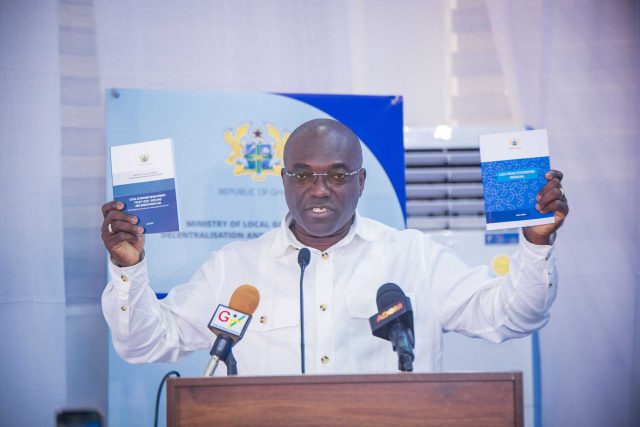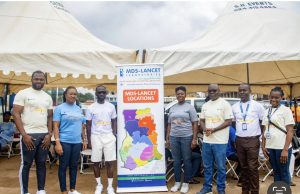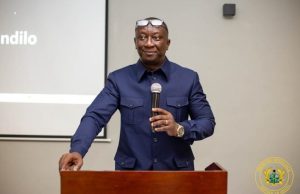The Ministry of Local Government, Decentralization and Rural Development has launched the Local Economic Development Policy (2024-2029) and implementation plan to coordinate and facilitate development at the local level.
The five-year economic development plan, among other things requires Metropolitan Municipal and District Assemblies (MMDAs) to focus on optimising local resources to create opportunities that enables a conducive local business environment for all actors.
During an event at the Institute of Local Governance to launch the new Policy, Minister for Local Government, Decentralisation and Rural Development, Martin Adjei-Mensah Korsah said the new policy implores MMDAs to make economic activities easier to undertake, adding that it is the private sector that directly creates jobs and wealth.
“The new policy takes cognisance of the African Union Agenda 2063, as the overarching strategic framework for Africa, which is ‘a global strategy to optimise the use of Africa’s resources for the benefit of all Africans’. Specifically, the Policy ties in with the first aspiration, which is ‘A Prosperous Africa, based on Inclusive Growth and Sustainable Development’, with clearly outlined targets aimed at inclusive economic development; modernising agricultural production; transformed economies; incomes, jobs and decent work; economic diversification and poverty reduction amongst others.” The Minister noted.
Director at the Institute of Local Government Studies, Prof. Nicholas Awortwi said the institute has created a map of Ghana, showing every district, their resource potentials, what the district themselves have mapped to help in the implementation of the local economic development plan.
Professor Awortwi explained that “IGES has already done a nationwide training with opportunity. We want to repeat this, especially now with a new policy. We are going to look at the policy perception, the strategies, and tailor it for training, so that we are not just doing training based on a colonial idea on what local economic development means. We are going to do training based on what we think are needed, and to be practical based on this policy.”
Head of Industrial Art and Craft at the Ghana Export Promotion Authority (GEPA), Ms. Nelly Joana Spio-Abaidoo urged district assemblies to ensure timely collaboration with stakeholders in implementing the policy.
“If I join you in the middle of the year and tell you that let’s build this for this group of people, for all you know that is not what the people need. You have been with them, you have listened to them, you have done your needs assessments and you know that actually this is just a common shed that they need for production or it’s just a simple machine that they need. You bring it ahead of time as we engage, then we plan, we factor it into our yearly plan, then we move together. So, I will also encourage the stakeholder engagement and the collaboration as well.” She concluded during a panel discussion following the launch of the local economic development policy.
According to the Ministry, the Local Economic Development (LED) has increasingly been recognised as a pivotal force in driving the economic dynamism of regions and communities.
The urgency to harness this force in Ghana is anchored in national policies and legislations. This Manual is designed to guide the implementation of LED in Ghana, drawing inspiration from the National LED Policy (2024) and Implementation Plan, which emphasises actions to “promote a conducive environment at the district level for sustained local business growth, decent employment opportunities and economic empowerment for all Ghanaians”.

















